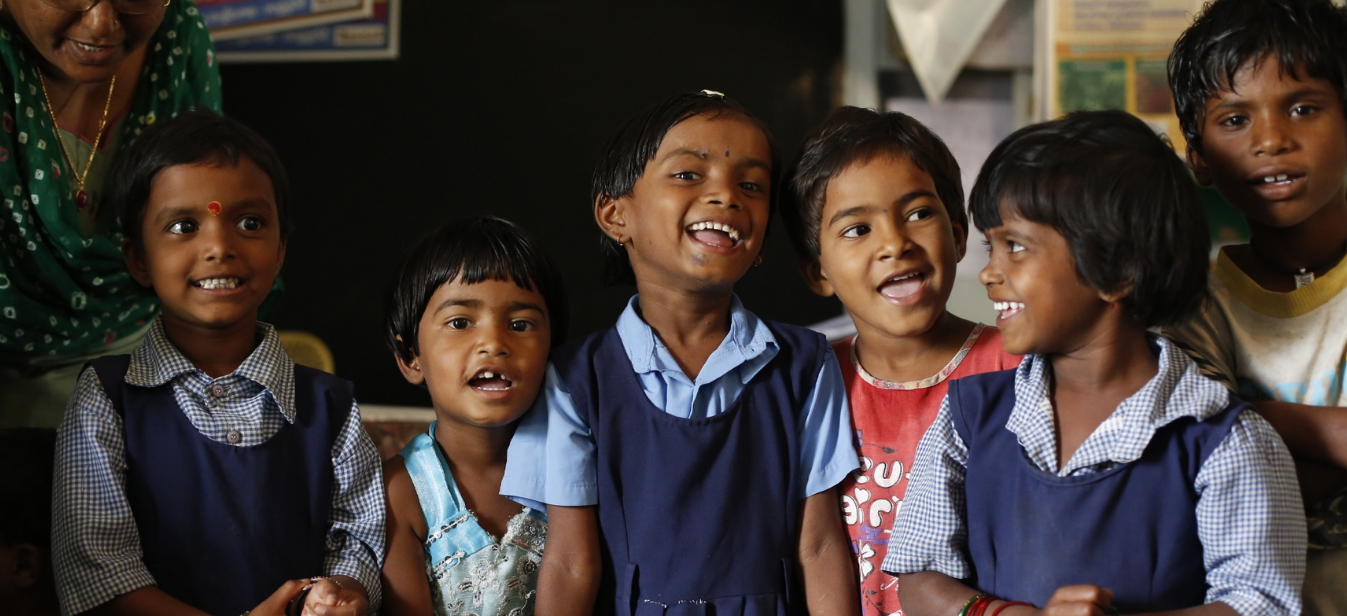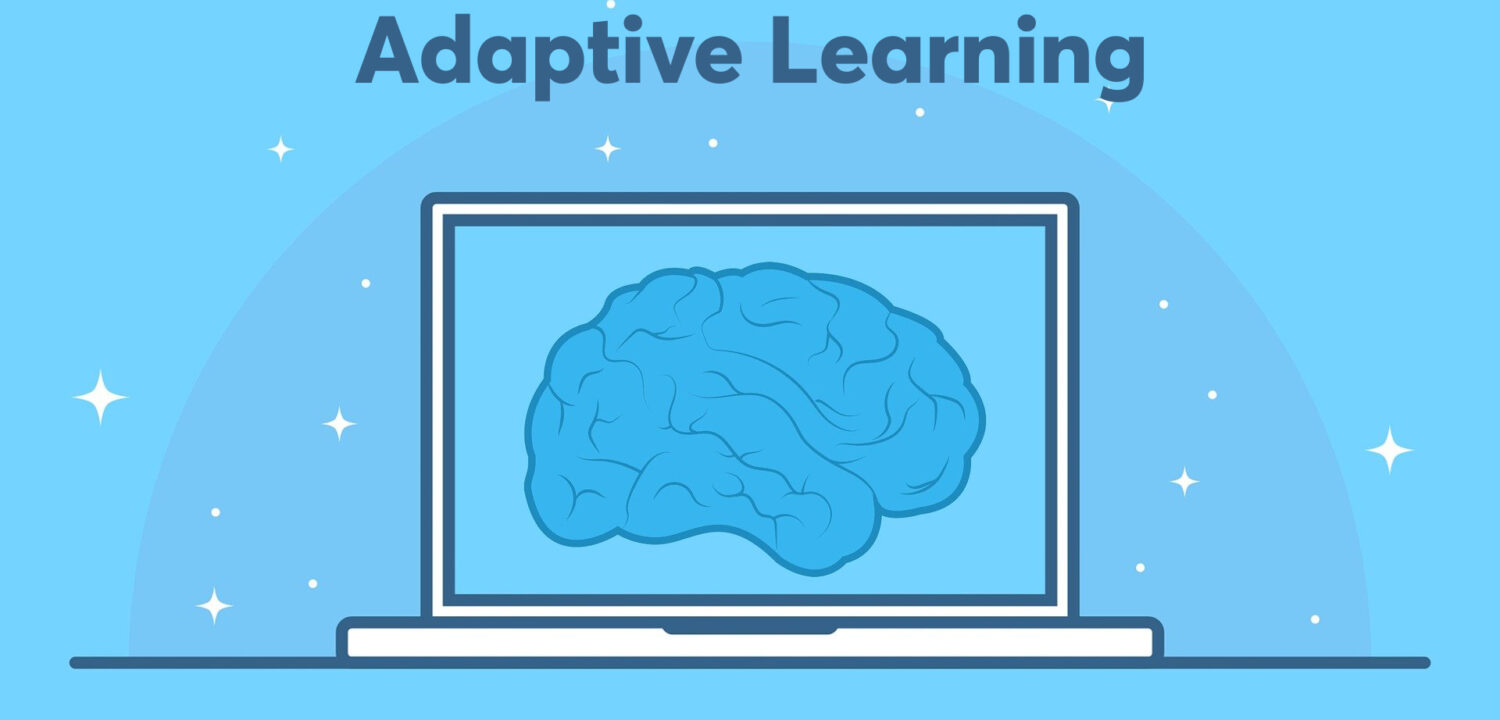

Yesterday, December 3rd, was International Disability Day. Promoted by the United Nations since 1992, the significance of this day is observed around the world. At Square Panda, we believe inclusive classrooms providing access to quality teaching learning opportunities for all young learners and educators is a step towards a nation without discrimination. The Indian education system is addressing the learning crisis via the NEP 2020, and is working to provide equitable access to education, particularly early education, for all types of learners so children from varying socio-economic backgrounds and educational needs don’t suffer a learning loss.
Bringing About Inclusivity And Equality In Education
Education that reaches even the most disadvantaged and vulnerable so that they learn in the same way and classrooms as more advantaged children, requires a joint effort by all sections and levels of society.
– At the community level: After eradicating stigma and discrimination from the society, each stakeholder (parents, policymakers, students, etc.), need to be educated about the benefits of inclusivity in the classroom, for them and for the future of India.
– At the school level: Educators need to be trained to handle developmentally varied needs in multi-age classrooms, along with equal access to quality teaching-learning tools that personalise as per individual learning needs.
– At the national level: While the NEP 2020 gave a great impetus to equality in the Indian education sector, this proposal must be followed by complete support during implementation of plans by each state across India. Before, during, and after implementation of NEP-aligned programs, regular and continuous evaluations and assessments must be conducted, to ensure all children across India are reached by the proposed services.
Square Panda’s vision follows this principle of equal education for all, right from our inception.
Square Panda’s Origin Story
Square Panda was born out of our CEO and co-founder Andy Butler’s struggle to find appropriate learning resources for his dyslexic daughter.

Andy’s daughter was in Grade 1 when she was diagnosed with dyslexia. Her parents had noticed her turning from a happy child into a moody and frustrated one, who also often struggled with reading. Their search for appropriate learning resources to help her led them to consultants, special educators, and due to his wife’s contacts at Stanford University, some of the top researchers in the field. At this point, Andy began wondering how parents who lacked access to the contacts he did helped their children. Andy realised he needed to democratise the learning, making it accessible to all parents and children globally. Today, the work we do at Square Panda is a personal mission of Andy to impact early literacy and early learning, whether the learners are dyslexic or not.
Square Panda’s Work To Promote Inclusive Education
Square Panda is at the forefront of the changing educational landscape, supporting the Indian government in its efforts to provide equal access to early childhood education.
In Our Early Learning Programs: Square Panda focuses on multisensory and inclusive foundational learning programs to meet students’ diverse learning needs. Our adaptive platform uses AI software to personalise learning to individual children, helping tailor curriculum as per the requirements of each child.
In Our Educator Empowerment Programs: Our unique training programs empower educators with new-age skills and technical know-how, along with an in-depth understanding of how a child’s brain develops as they learn, adding in an important element of neuroscience understanding. Each program also equips educators with a working knowledge of the English language, furthering their Listening, Reading, Writing, and Speaking skills for better professional development.
Read more about our programs, here.
An inclusive system of education values unique contributions by students of all backgrounds, allowing diverse groups to grow side-by-side. Square Panda is collaboratively working with states across the country to bring inclusivity into ECCE in India, with its robust teaching and learning programs.


The fundamental ability to read and perform basic numerical operations is an essential requirement that serves as the cornerstone of all future learnings. This acquisition occurs when the young learner is between 3-7 years old, a period critical to brain development. The skills developed in early childhood will create a base for enhancing greater cognitive development, socio-emotional skills, and reasoning.
Reading fluency allows students to comprehend text more easily and efficiently. Fluent readers exhibit several characteristics, including smoother voice inflections, faster word recognition, longer reading times with fewer pauses and increased eye contact with the text. Similarly, counting also helps children understand number sequences and groupings more efficiently because they learn how to identify patterns within a sequence or set by using their fingers or other physical objects as markers for each number in the sequence.
🖊️ Education in Early Years
In their early years, children are curious and energetic. They have an insatiable curiosity about the events around them. To develop their learning abilities and make sense of the world, teachers should provide them with opportunities to explore their environment and use their sensory capacities. These hands-on experiences help children better grasp basic concepts. In the process, they learn to make and test their own theories and explanations.
Children’s capacity for learning in the early years is enormous. Their brains are developing rapidly, so they can absorb a great deal of information and knowledge during this time. They also have remarkable powers of observation and memory that enable them to memorize information easily.
For example, when a child pushes a heavy cart across a room, they learn that pushing makes it go in one direction; pulling makes it go in another direction, and stopping makes it stop moving altogether. Through these experiences, children begin to develop their thinking skills as they develop their language skills through listening and talking with others and reading books together as a class or individually at home with parents. In addition, building blocks and puzzles allow children to discover fundamental physics principles, such as gravity or balance.
For foundational literacy and numeracy (FLN) the role of educators and parents is essential for providing adequate supervision and guiding children toward appropriate choices during playtime activities. Adults should encourage children’s curiosity by asking open-ended questions. Allowing your children time to explore their environment at their own pace, rather than rushing them through meal or nap times, will help them feel comfortable trying new things.
🖊️ State of FLN in India
Around 260 million children are studying in more than 1.5 million schools across India at present. From these, over 70% of children in Class 3 do not have basic reading and arithmetic skills. Data shows that each year, an estimated 6 million children complete 8 years of compulsory schooling in India with alarmingly low learning levels. Such worrying trends in the formative years of schooling, when the cognitive skill development is the highest, can greatly destabilize a nation.
However, the latest FLN report released in December 2021 highlights the role of NEP 2020 early intervention projects such as NIPUN Bharat, leading to long-term improved learning outcomes. The State of Foundational Literacy and Numeracy in India Index was established to measure the effect of early learning programs. It measures the results on five pillars, each with 41 indicators. The 5 pillars are Access to Education, Learning Outcomes, Basic Health Governance and Educational Infrastructure.
According to the scorecards, Kerala (67.95) and West Bengal (58.95) are the top-scoring regions in Small and Large states, respectively. These were followed by Lakshadweep (52.69) and Mizoram (51.64). On the other hand, the index showed only 4 UTs and 17 states scored above the national average(48.38). States that performed poorly on the index include Odisha (45.58), followed by Jharkhand (45.28), Madhya Pradesh (38.69), Uttar Pradesh (38.46) and Bihar (36.81).
Without the basic skills of foundational literacy and numeracy, the benefits of all future learning and future success become void. To truly become a self-reliant nation, India needs to turn the spotlight towards strengthening the existing ECCE programs to highlight foundational learning from the teacher training as well as the curriculum perspective.
🖊️ The Way Forward
Investing in quality ECCE to boost foundational learning improves the attainment of the above gateway skills, which pave the way for more robust future learning prospects and employability. Providing foundational skill development across the grassroots levels is an effective equalizer, allowing for inclusivity in early education and leading to better economic gains for the country as a whole aside from improving the learning outcomes of individual children. During the release of NEP 2020, the government also emphasized empowering our nation by increasing initiatives toward early childhood education.
Square Panda is transforming the landscape of early education, helping students to learn new concepts at a deeper level using engaging storytelling, games and play. Our foundational learning programs equip teachers with resources that make learning fun and engaging. To know more about how we are contributing to foundational literacy and numeracy in India, visit ecce.squarepanda.in/.

In recent years, a new teaching and learning technique has swept the educational landscape of India, making inroads into the previously predominantly traditional sector. Adaptive Learning, or Adaptive Teaching, as it is called, provides personalised learning via data driven systems, adjusting the path and pace of learning to suit each learner’s needs. Adaptive learning can be divided into two categories, adaptive instruction and adaptive assessment. This technology makes learning more personal, adjusting to a student’s unique needs, offering customised course delivery with technology-assisted insights and analytics.
How Does It Work?
How Does It Help?
Did You Know? Because it is not only transforming the way students learn but how instructors teach, adaptive learning is also known by another name – adaptive teaching. Teachers’ skills are developed via technology to drive learner pathways and re-define learning outcomes. See the benefits…
To Students:
– An adaptive technology presents students with the appropriate content and learning materials at the right time, increasing engagement.
– Because they are learning at a pace suitable for them, each child is more comfortable while learning, increasing the overall learning outcomes.- The dynamic feedback that allows teachers to cater their teaching style as per the need, and the digital rewards with positive feedback that are offered by the adaptive learning technology, serve to instill confidence in children, particularly struggling students.
To Teachers:
– Adaptive learning arms teachers with deeper insights into areas of struggle for students, while teaching them new pedagogy that aligns with their teaching styles.
– Allows instructors to engage more with students, by reducing the sheer amount of administrative tasks and increasing active learning experiences.
-In pre-primary & primary schools, teachers often teach students of more than one grade level and different learning levels, in the same classroom. These ‘multi-age’ and ‘multi-level’ classrooms present a unique challenge; how to recognise specific students’ learning needs and then address them, while managing the class simultaneously. Adaptive technology can be used as a tool to teach such ‘multi-age’ and ‘multi-level’ classrooms.
– The real-time feedback adaptive learning provides helps teachers incrementally calibrate their own instructions to meet individual learners’ needs, gradually aligning with the bigger framework of solving foundational learning. This personalised guidance for teachers and educators will help them achieve their goals of a better, more literate India, as envisioned in the new Indian education policy.
To The Government:
– India has one of the world’s largest education systems ever seen, with more than 1.5 million schools providing education to around 260 million students. Adaptive learning can be changed in size or scale to meet the evolving needs of the entire educational landscape.
– Adaptive software makes assessments possible on both the micro and the macro levels. Real-time dynamic feedback that allows for actionable plans and a mastery-based approach rather than a traditional one-size-fits-all learning model creates a robust education system that can stand up to any global curriculum.
An example of adaptive logic, using Square Panda:
As a child plays and learns on Square Panda’s early literacy platform, activity data is generated. Our adaptive engine picks up this data and decides what content the child should have access to next. Whichever educational game or program the child is learning with reflects this suggestion, only showing content as per the individual child’s learning level. Special ‘cooldown’ periods are built into Square Panda’s platform, ensuring adequate repetition so that children practice without getting bored. Square Panda’s adaptive engine is constantly changing to add more skill masteries, more types of assessments and filters across the games, to tailor learning to specific learner profiles.

Adaptive learning and technology change the way learning happens, and that is a powerful thing. The transformation in the early learning system in India will happen when we embrace adaptive learning, using it as an intrinsic part of early education to enrich the teaching-learning experience.
Stay tuned for more insightful articles that delve into foundational literacy, and other hot button topics from the Indian early education sector.
Recent Posts
Categories
Archives
- May 2025
- March 2025
- December 2024
- October 2024
- September 2024
- July 2023
- June 2023
- May 2023
- April 2023
- March 2023
- February 2023
- January 2023
- December 2022
- November 2022
- October 2022
- September 2022
- August 2022
- July 2022
- June 2022
- May 2022
- April 2022
- March 2022
- February 2022
- January 2022
- December 2021
- November 2021
- October 2021
- September 2021
- August 2021
- July 2021
- June 2021
- May 2021
- April 2021
- March 2021
- February 2021
- January 2021
- December 2020
- November 2020
- October 2020
- September 2020
- July 2020
- June 2020
- April 2020
- July 2019
- June 2019
- May 2019
- April 2019
- March 2019
- February 2019



